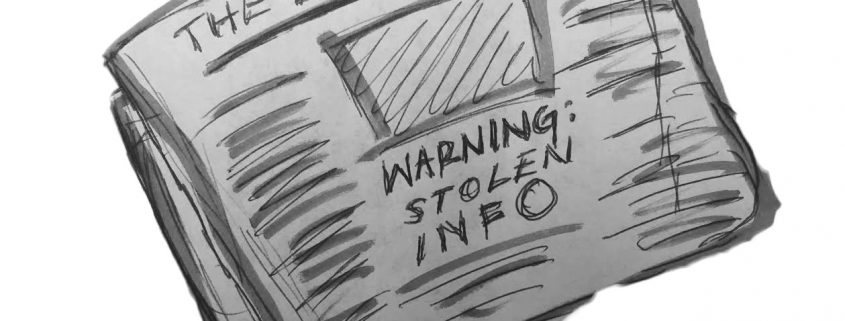Report leaked information for sake of transparency
America is, first and foremost, a democracy. While the definition can get muddled from time to time — especially within partisan politics — one of the main guiding principles of democracy is transparency. Transparency within the government means that citizens know their President’s actions, along with an understanding of his or her policies.
Now that everything is digital, the “information highway” confuses the definitions of transparency and accountability even further.Everything is accessible at the touch of our fingertips: tax reports, presidential history, celebrity gossip and more. Some databases have capitalized on the controversy surrounding public and private information. In the realm of private information, there is much in the world of politics that has not come out. Databases like WikiLeaks strive to minimize the gap, taking it upon themselves to create a more transparent perception of government. So while at first glance WikiLeaks seems like a harmful source for journalism and politics alike, it does much to uphold the level of transparency and accountability within the field. You may want to think twice before criticizing the website over your favorite candidate.
As a result of its bipartisan functionality, WikiLeaks has the ability to govern both the Republican and Democratic parties in American politics. By releasing confidential reports, the organization aims to hold government accountable for their actions: If officials are caught with questionable documents, their reputations and reelections could be jeopardized. By regulating the various sectors within the government, WikiLeaks helps to form a stronger, more open government structure. Journalists have every right to use WikiLeaks’ information to better supplement their reports.
WikiLeaks is an organization that exists outside of political boundaries to reveal secrets related to government officials, espionage and corruption. Because of its existence as a non-governmental actor, it is not controlled by the government and cannot be influenced by the government. This has definite advantages: In times of scandal, it cannot be persuaded to sway its audience one way or another, unlike other news information sites. For example, in the face of a wiretapping scandal, The New York Times was told to delay releasing their story for a year. Conversely, WikiLeaks has none of these restrictions: they can publish whatever they want, whenever they want to.
Unfortunately, WikiLeaks has come under considerable critique recently in light of the 2016 presidential election. More specifically, it has recently started publishing emails from the Clinton campaign — emails that show that the former secretary of state is not necessarily the saint her campaign tries to suggest. While this is hardly surprising news, one particular leaked email from the account of her Campaign Chairman, John Podesta, shows Politico, a news site, asking for his approval on an article about Clinton prior to publication. This is a violation of ethics in journalism: Reporters must seek out the truth, not what their sources want them to write. Newsrooms and newspapers are not propaganda machines, and both reporters and authority figures must understand that they cannot bypass the very purpose of news information.
In releasing information as revealing as the Podesta email, WikiLeaks aims to regulate major events like the election campaign by keeping all parties honest. If the candidates wish to uphold their esteemed reputations, the threat of WikiLeaks publishing any dishonorable information should prevent them from performing shady actions in the first place. This website provides a somewhat harsh but necessary system of checks and balances where political jurisdiction fails.
With their words, figures and graphs, journalists can present the news to the general public, whether or not it is framed objectively or in a certain light, so that everyday citizens can also understand the news. The average American does not read WikiLeaks, but the nature of journalism allows them that freedom.
Shweta Tatkar is a junior majoring in global health. “Point/Counterpoint” runs Wednesdays.

